Gardening experts warn against raking fallen leaves this season – the benefits are far greater than a tidy garden
If you're thinking about heading out into the garden to rake autumn leaves you may want to think again
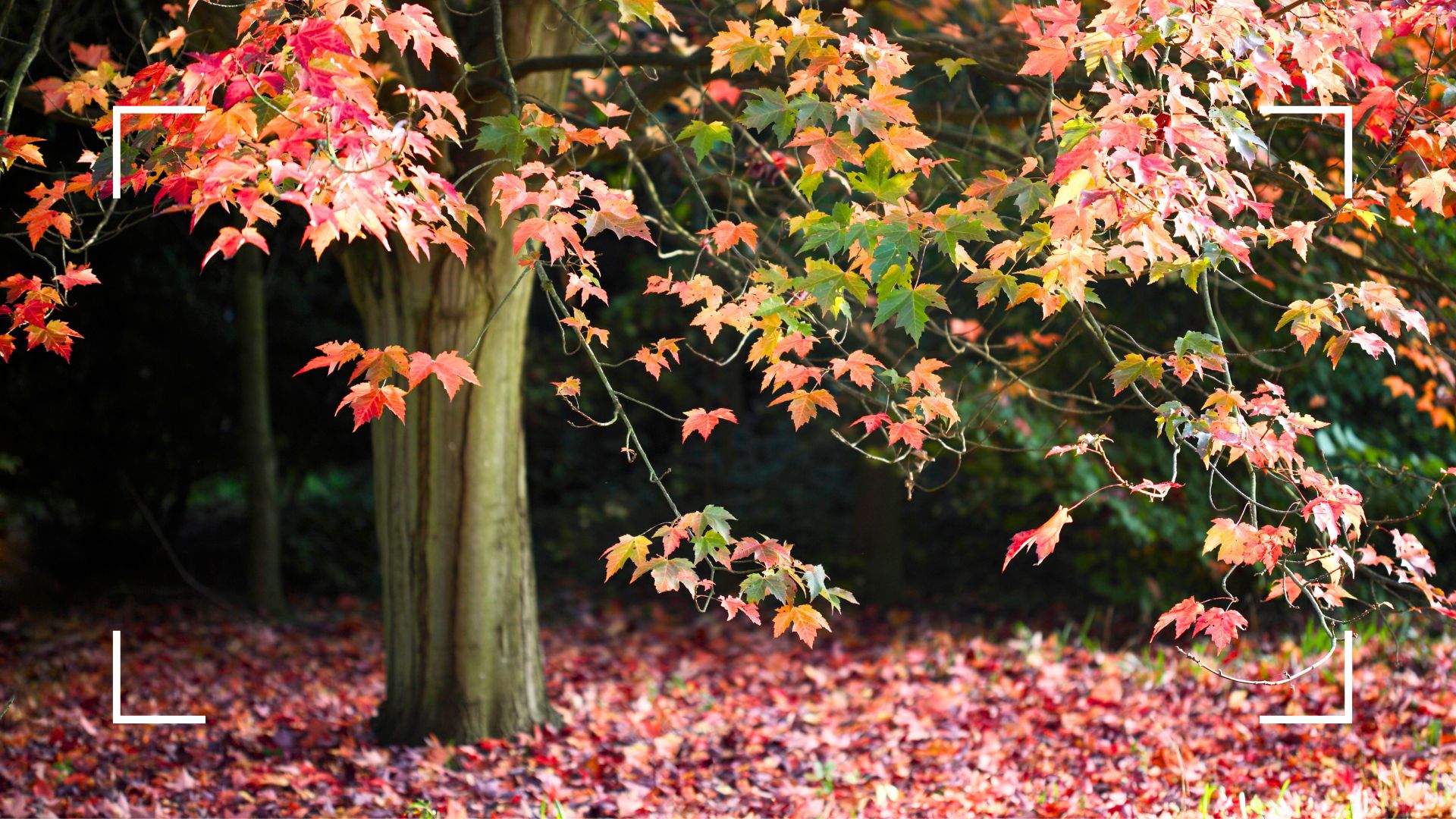

It's a wonderfully colourful time of year for our gardens, covered in a gold-orange wash of leaves. The natural instinct when we see this is to get our rakes out, but gardening experts have revealed there are vital benefits to putting a stop to the raking.
When sorting the garden out in autumn one of the most common jobs is raking fallen leaves, either from your own trees or your neighbours. And while this task, which usually needs to be done several times, can help prevent grass from rotting there are many benefits to keeping the leaves around.
Yes, that's right you can confidently cross one job off your gardening to-do list for now, as the gardening experts have revealed that fallen leaves can be useful for your garden's winter health.
Benefits of not raking fallen leaves this season
Aside from preparing your garden from heavy rain and planting some of the best winter bedding plants, raking your lawn is usually a top priority this time of year.
And whilst there's no denying that leaves covering your grass will need sorting out in some capacity simply raking and disposing of them should be a thing of the past.
1. Leaves provide shelter for wildlife
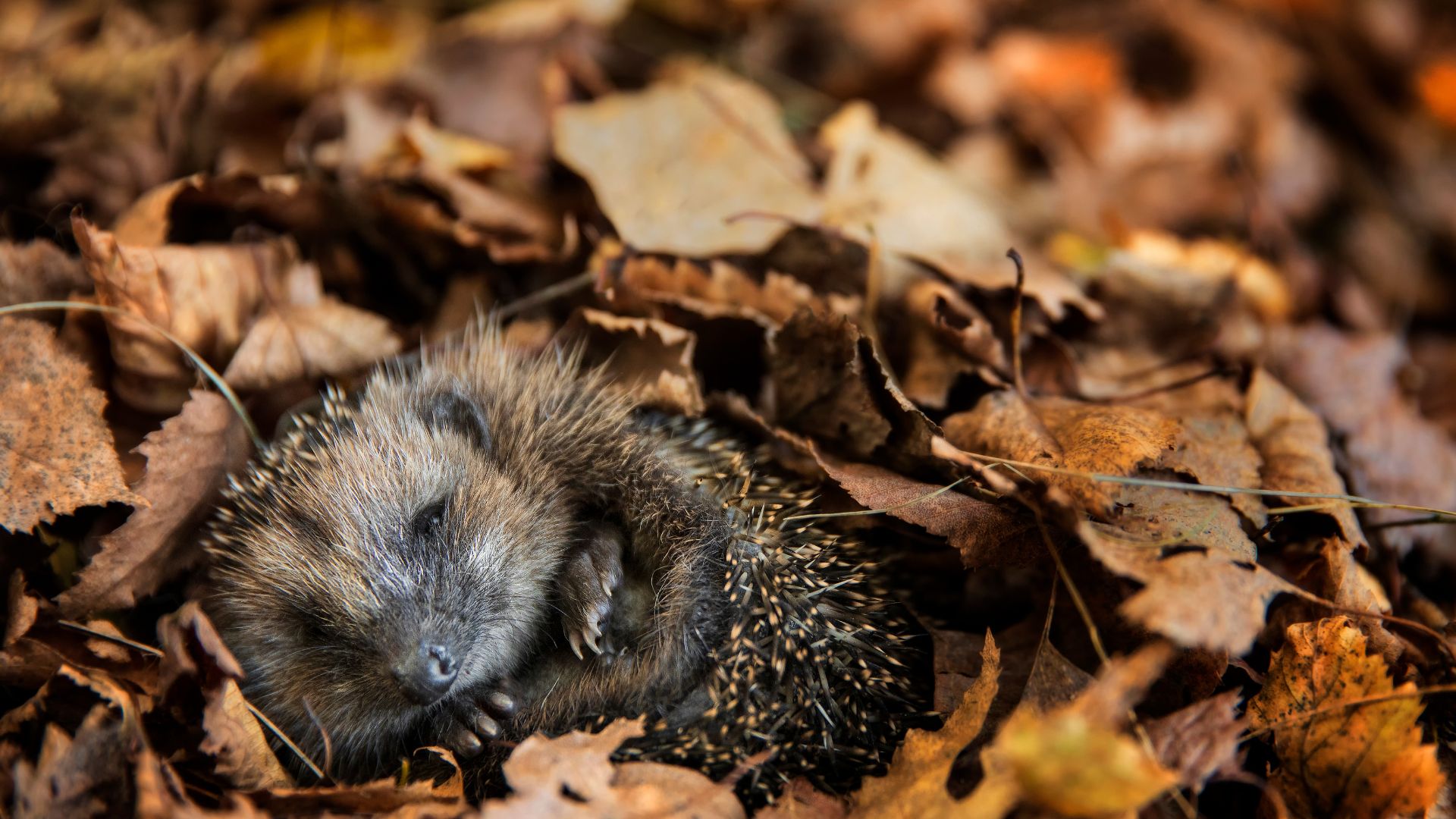
If you're into the rewilding trend you'll already know your garden can be an oasis for wildlife to live in should you allow it to stay natural and overgrown. This is also true for simply letting the leaves stay where they fall, piles of leaves are a perfect shelter for our furry outdoor friends.
"It’s that time of year when wildlife seeks our help and support to help them prepare for winter and get them through to hibernation and migration season," explains Chris Bonnett, founder of GardeningExpress.co.uk. "Not raking leaves is an easy and hassle-free way to give these animals the extra warmth they need during this time."
Sign up for the woman&home newsletter
Sign up to our free daily email for the latest royal and entertainment news, interesting opinion, expert advice on styling and beauty trends, and no-nonsense guides to the health and wellness questions you want answered.
He does point out that you needn't leave the entire garden untouched. Simply allowing one section to be untidy will provide sufficient shelter for small animals.
"Those who still want to clear their garden of leaves should be extra mindful before raking large piles in case wildlife is nesting there. You can do this by gently moving the leaves and listening for any movement. If you spot wildlife nesting there it's worth leaving their small pile alone," adds Chris.

Chris is the founder of the online garden centre GardeningExpress and has been in the horticulture industry for over 20 years. Whilst he was young he combined his passion for the outdoors with the internet to deliver quality plants across the UK and Europe.
2. Adds vital nutrients to soil
Once the weather starts to change you'll no doubt be finding leaves not just over your grass but in your patio container plants, flower beds and even on your vegetable patch. This might seem like a pain at first but it's actually the best thing for your garden.
"Fallen leaves are more than just debris; they are nature’s way of nurturing the soil. As they decompose, they release nutrients back into the ground, promoting healthy soil and lawn growth," explains Steve Taylor, a gardening expert from GreenThumb.
You can even take this a step further and you a mower to mulch the fallen leaves. Steven explains that by mowing daily you'll shred the leaves into smaller pieces that decompose quickly and enrich the soil with organic matter.
He adds, "This process not only improves soil health but also helps to retain moisture and suppress weeds, making it a win-win for your lawn."
3. Great for enriching compost
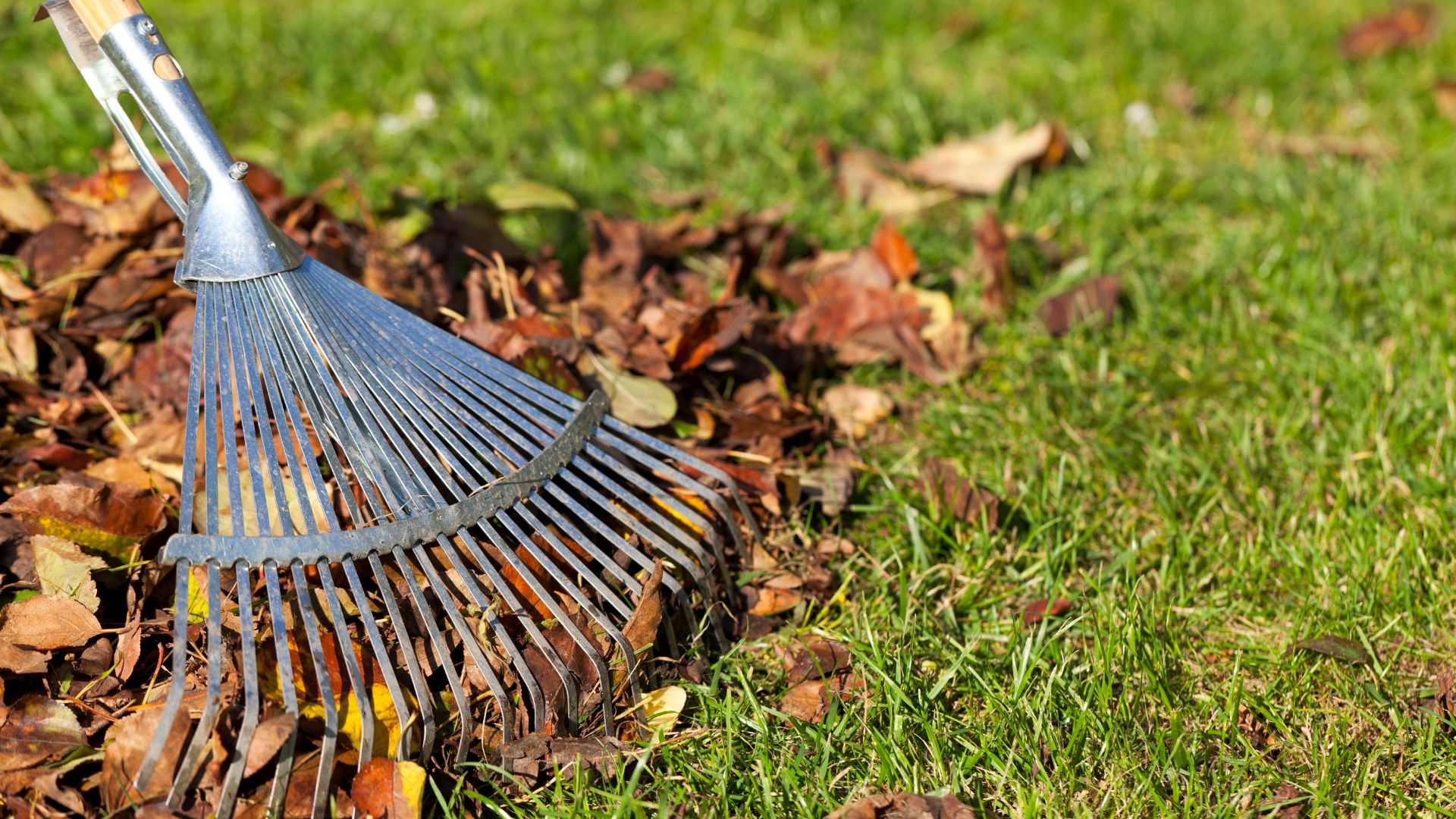
You may already consider yourself a master in making compost at home, but it's often easy to forget how beneficial adding fallen leaves to your heap can be. So beneficial that Monty Don calls leafmould 'garden gold'.
Steve explains, "Composting offers a practical way to recycle leaves into nutrient-rich compost. Gather leaves into a designated compost area, mix with other organic materials like grass clippings and kitchen scraps, and let nature work its magic."
If you don't have a compost bin there are other ways to gain the nutrients. According to Steve, you need to pile leaves in a corner of your garden, make sure to cover or they'll blow away, and let them decompose naturally over several months.
"The result is a rich, crumbly material that can be used to improve soil structure, retain moisture, and provide a slow-release source of nutrients for your garden beds," he states.
Shop autumn gardening essentials
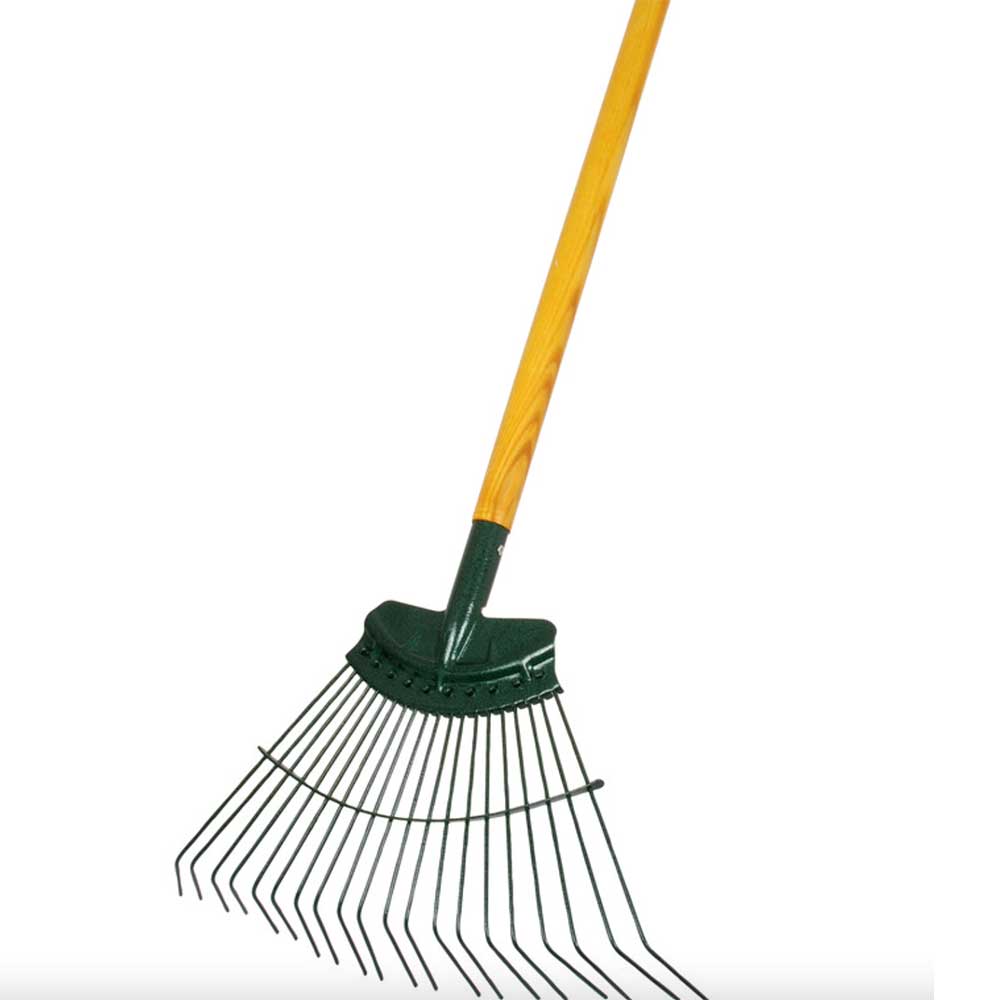
RRP: £22.48 | This model's head has 20 oil-treated tines for extra strength, making it ideal for removing grass clippings, dead grass, moss, or leaves.
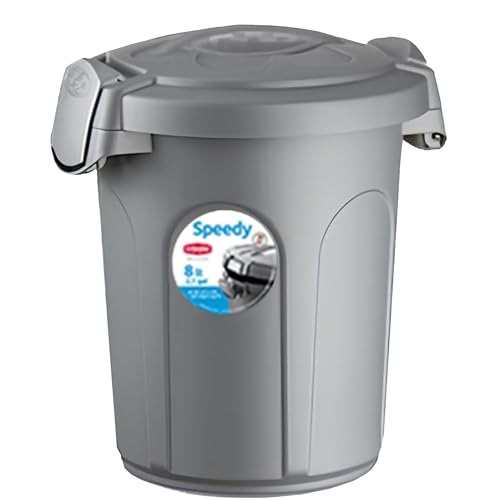
RRP: £11.85 | Use this large compost bin for leaves or other kinds of larger garden waste. With a secure locking lid and waterproof finish, no mice or other pests will be able to get in.
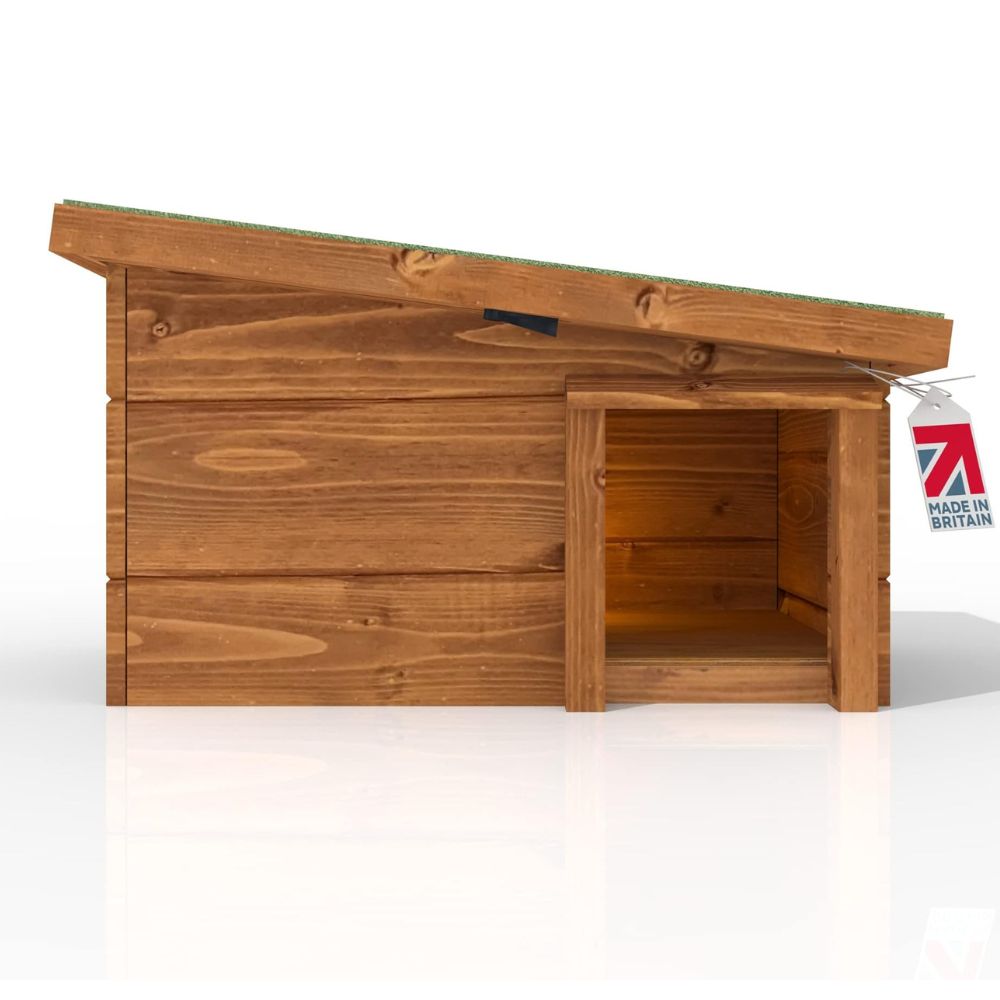
RRP: £33.99 | Should you want to offer alternative accommodation than leaves then this eco hedgehog house is perfect. With a felt roof cover and full wood flooring, any prickly friends will be safe and warm.
Finding ways to reuse what your garden gives is one of the best gardening tips for beginners, not only does it benefit your garden but it benefits your wallet too!

Emily joined woman&home as a staff writer after finishing her MA in Magazine Journalism from City University in 2023. After writing various health and news content, she now specialises in lifestyle, covering unique cleaning hacks, gardening how-tos, and everything to help your houseplants thrive.
-
 Need spring style inspiration? Jennifer Aniston proves a shirt dress is the most versatile item you can invest in
Need spring style inspiration? Jennifer Aniston proves a shirt dress is the most versatile item you can invest inIf you only buy one piece this weekend, make it a shirt dress
By Matilda Stanley Published
-
 Celebrities you never knew got their start as models, from Angelina Jolie's 'terrible' experience to A-listers who started as pageant queens
Celebrities you never knew got their start as models, from Angelina Jolie's 'terrible' experience to A-listers who started as pageant queensWhether it was just for a short time or it's how they got discovered for something else, these stars owe it all to striking a pose
By Jack Slater Published
-
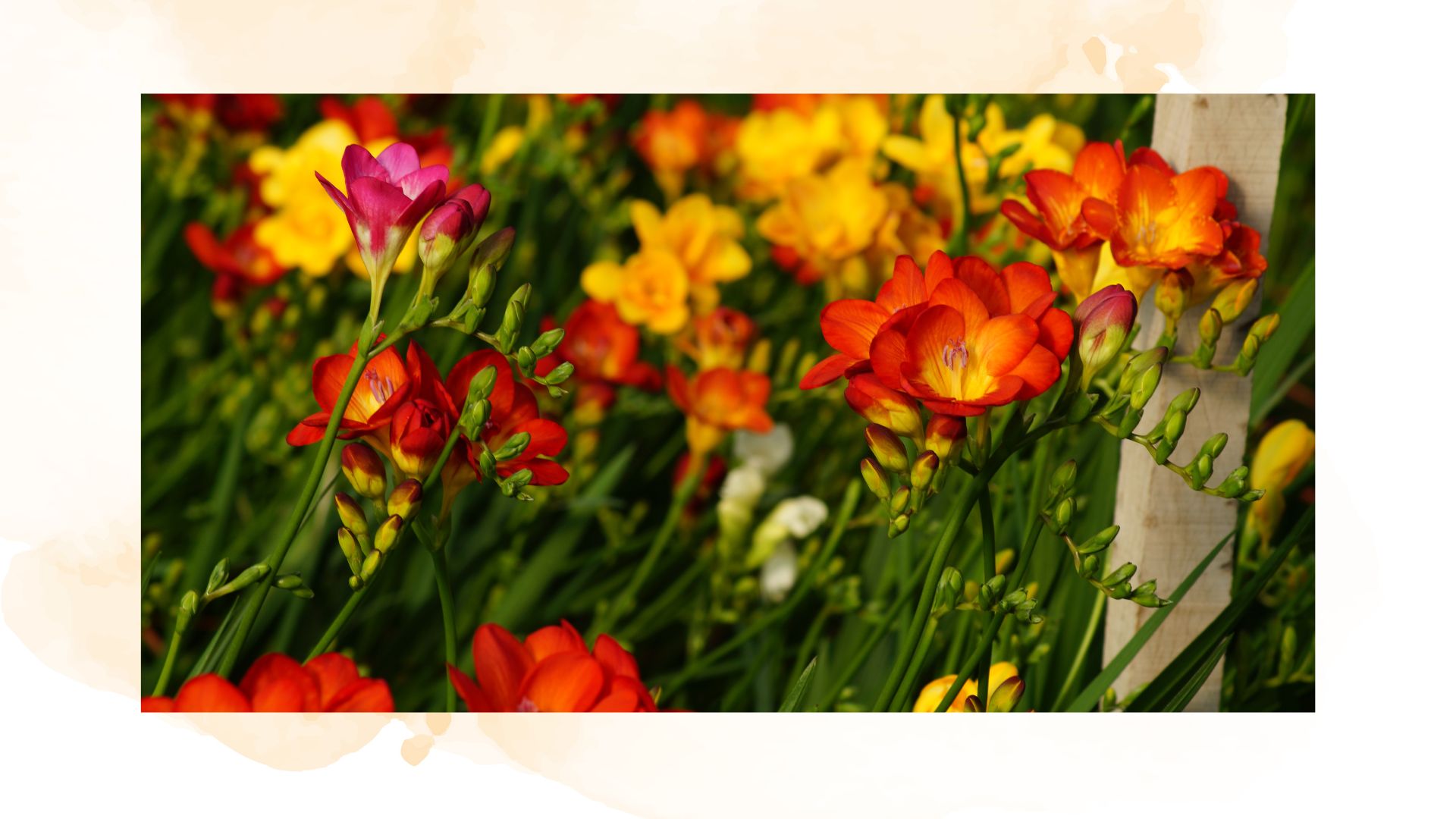 How to plant freesia bulbs: easy steps for colourful summer blooms
How to plant freesia bulbs: easy steps for colourful summer bloomsIf you're looking to add some vivid colour and life to your garden, freesias are the perfect choice
By Emily Smith Published
-
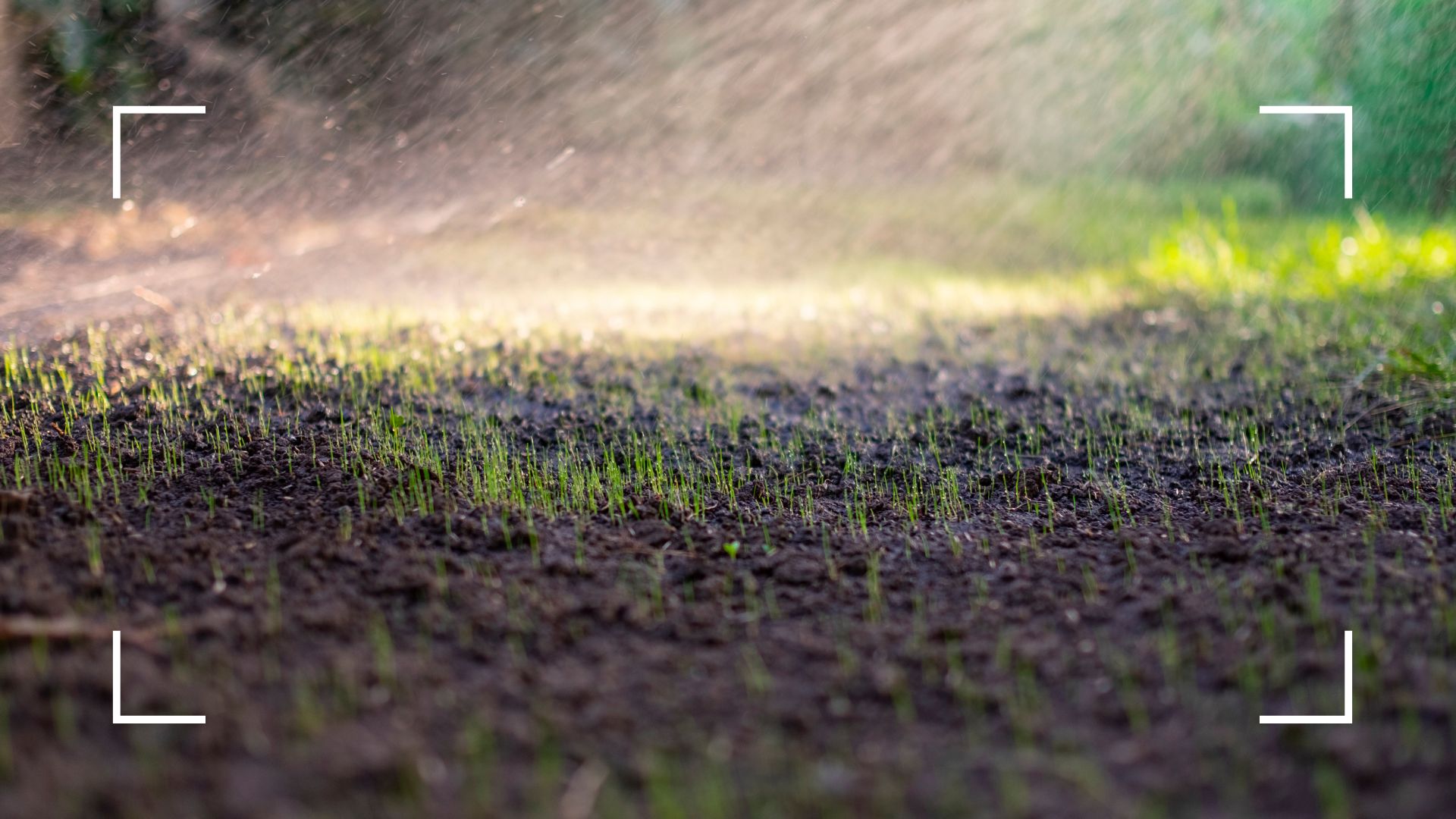 Gardening experts reveal how often you should water grass seed for a luscious lawn this summer
Gardening experts reveal how often you should water grass seed for a luscious lawn this summerWant your lawn to be looking its best by the time summer rolls around? You'll need to make sure you're watering it the perfect amount
By Emily Smith Published
-
 Lynsey Crombie reveals the surprising laundry mistake leaving your clothes smelling 'stale and nasty'
Lynsey Crombie reveals the surprising laundry mistake leaving your clothes smelling 'stale and nasty'Do your clothes smell unpleasant even after you've washed them? It could be your fabric conditioner
By Emily Smith Published
-
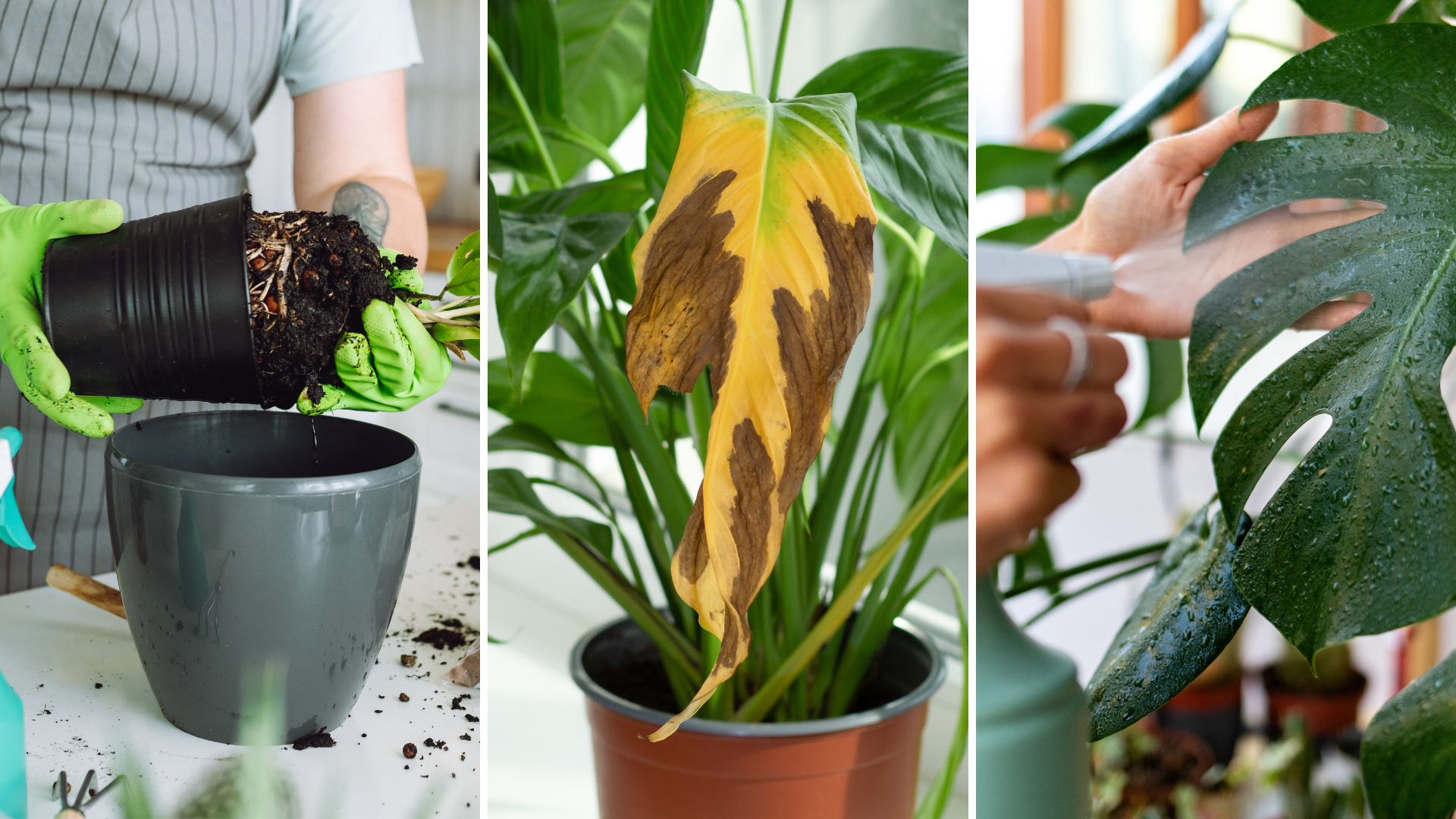 6 common houseplant myths to ignore, warn horticulture experts
6 common houseplant myths to ignore, warn horticulture expertsThese common misconceptions about caring for indoor plants might surprise you – they feel perfectly logical
By Emily Smith Published
-
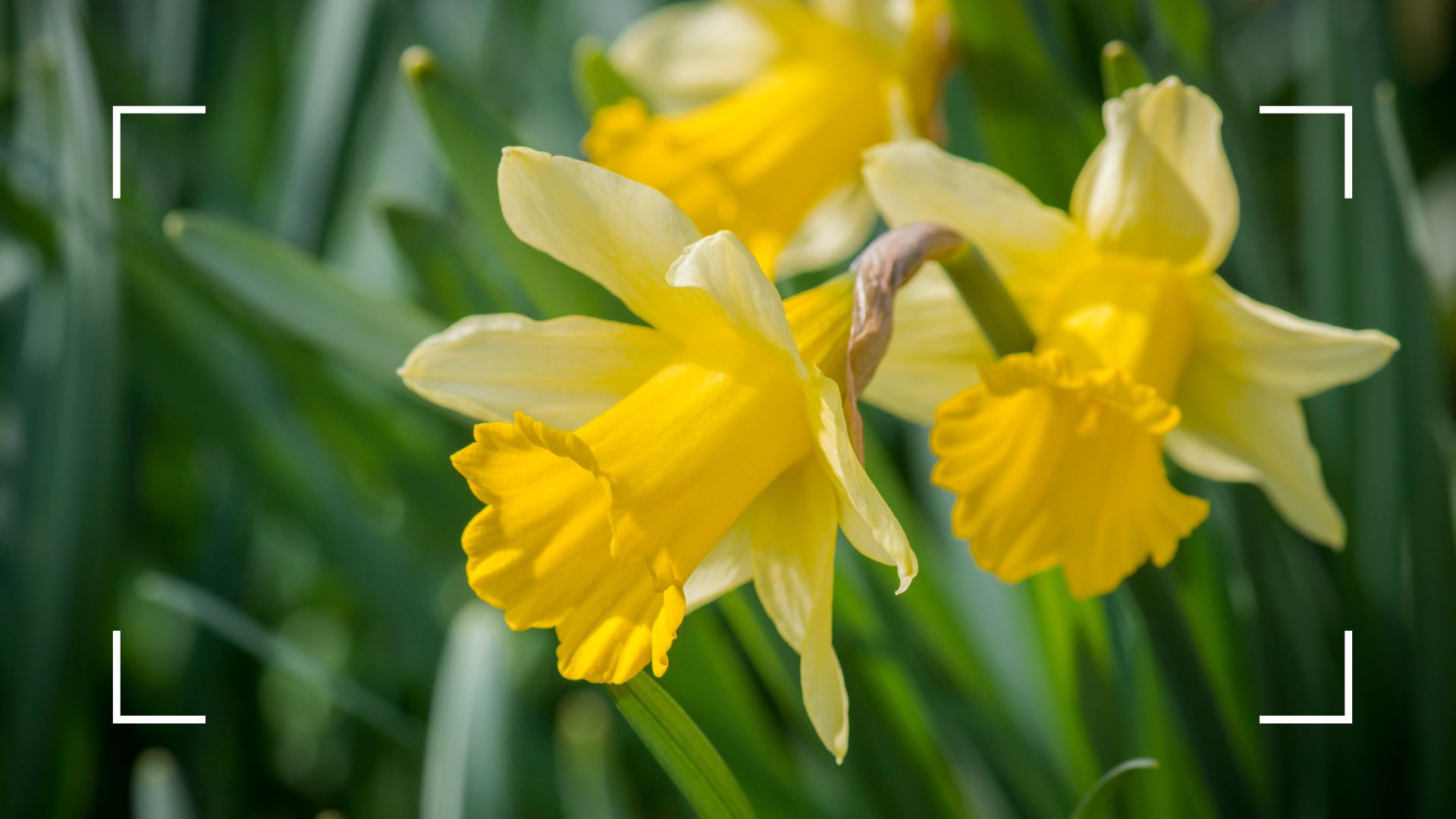 Should you deadhead daffodils? Gardening experts share their advice for longer-lasting blooms
Should you deadhead daffodils? Gardening experts share their advice for longer-lasting bloomsThese butter-yellow flowers are one of the first signs of spring, but should you deadhead or leave them be?
By Emily Smith Published
-
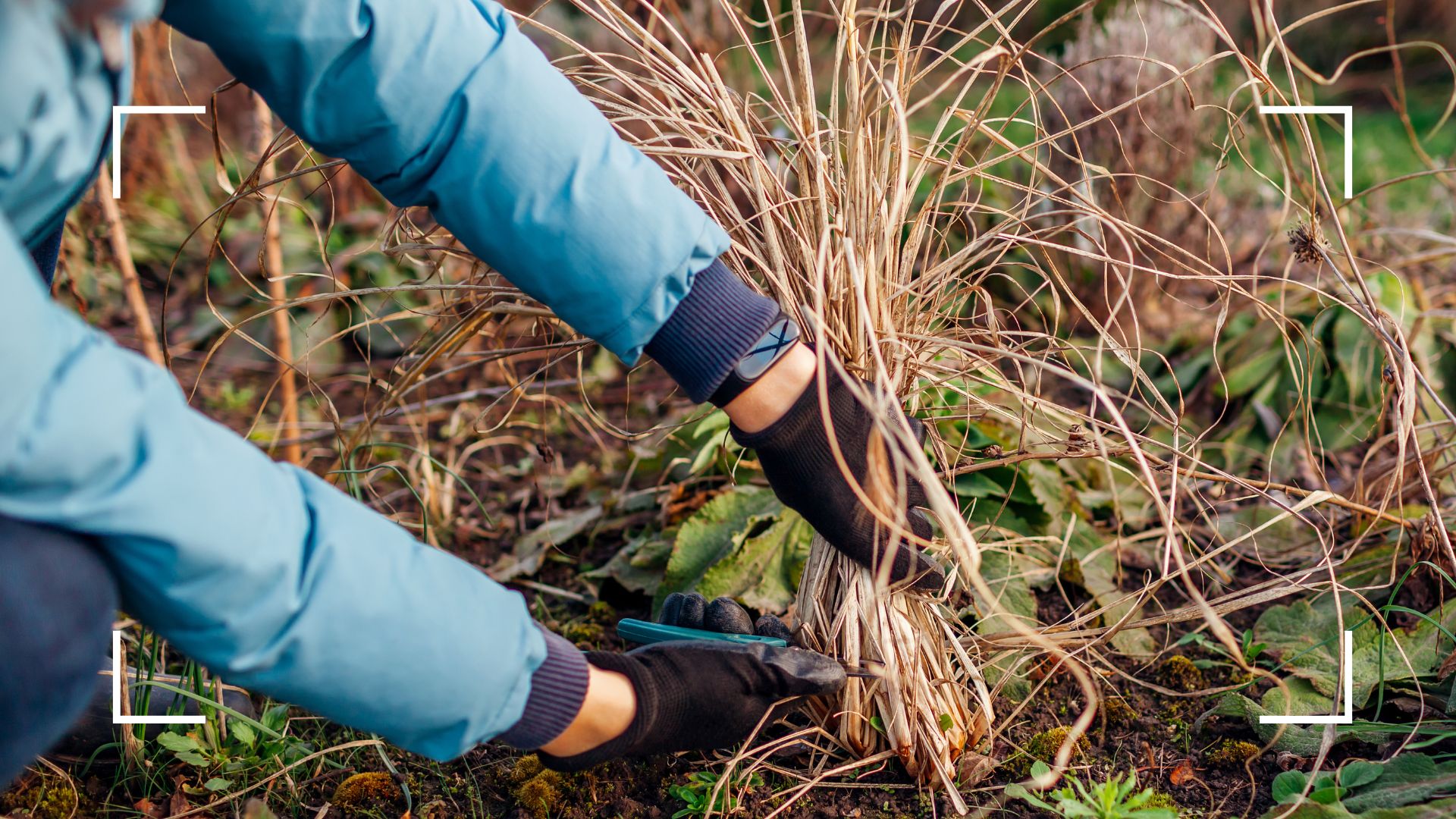 It's time to cut back ornamental grasses, and the expert team at Sarah Raven are here to help
It's time to cut back ornamental grasses, and the expert team at Sarah Raven are here to helpWith spring well and truly here, the team share their top tips to get ornamental grasses ready for new growth
By Emily Smith Published
-
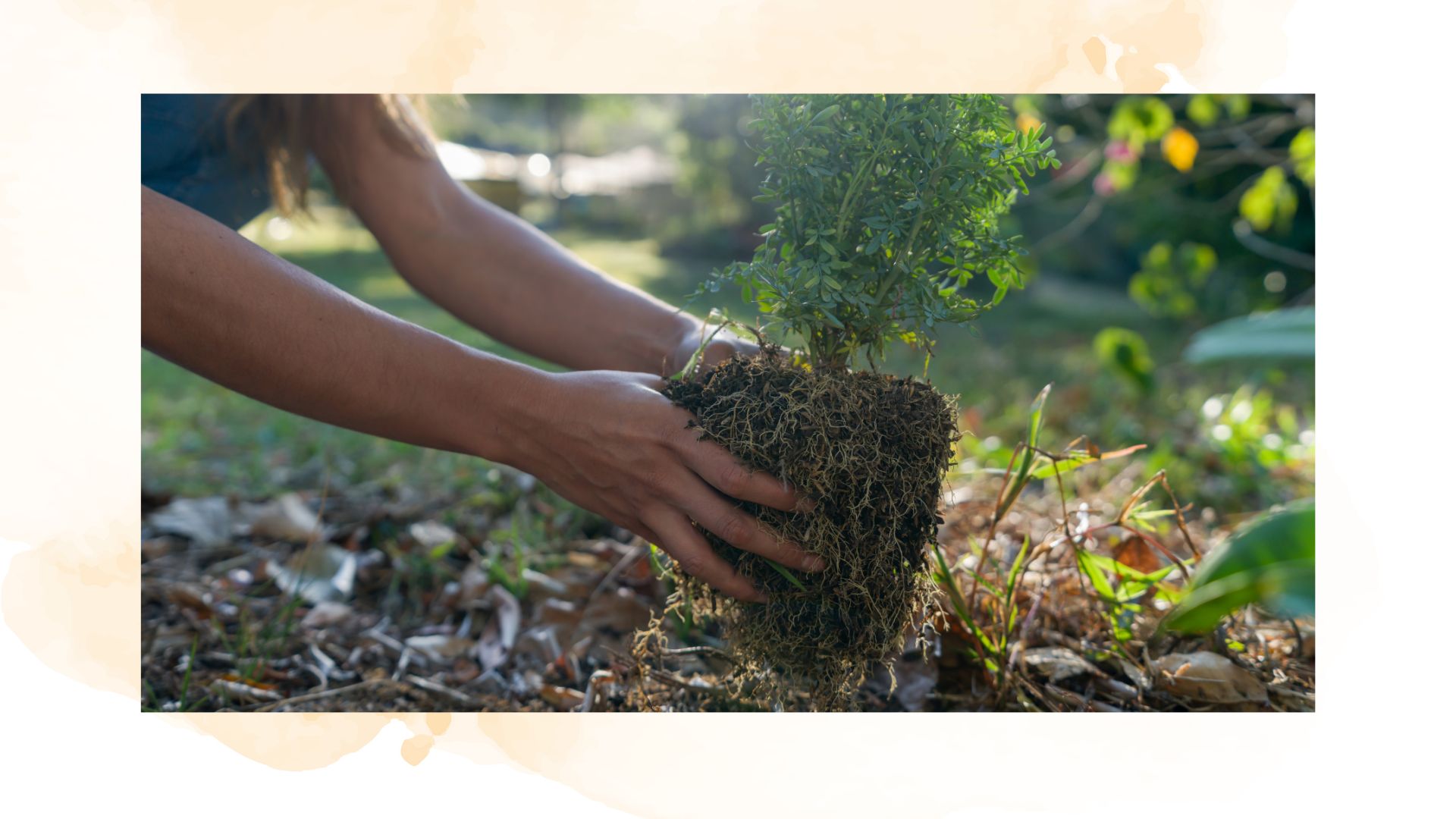 Monty Don's 'genius' planting trick gives outdoor plants the best chance of thriving
Monty Don's 'genius' planting trick gives outdoor plants the best chance of thrivingThis mess-free trick will make planting seamless - and give your plant a great headstart
By Emily Smith Published
-
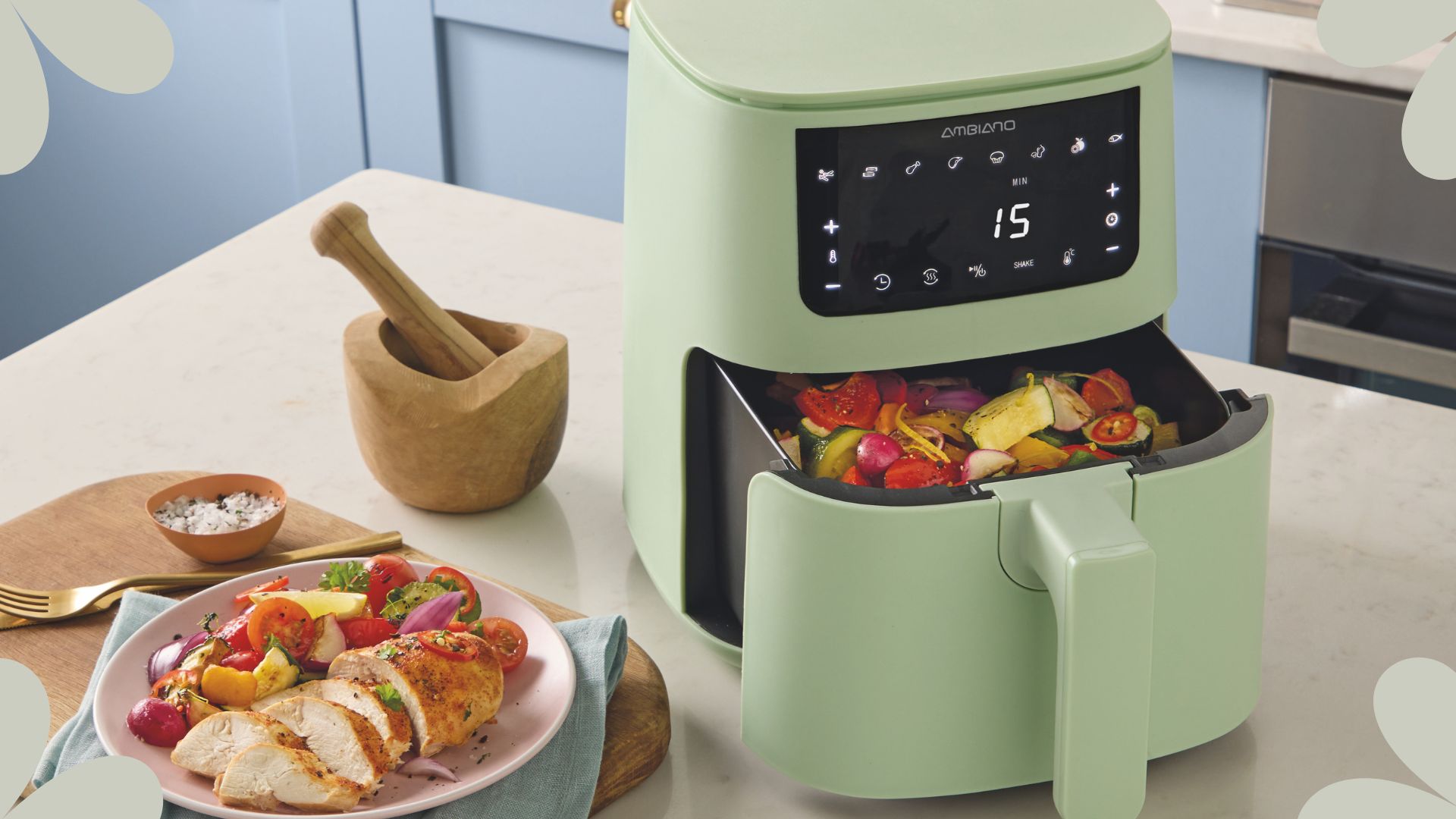 Aldi's on-trend pistachio green air fryer is just £29.99 – stylish and affordable, I had to get one
Aldi's on-trend pistachio green air fryer is just £29.99 – stylish and affordable, I had to get oneColourful, compact and cheaper than comparative models – all the ingredients that made this Aldi Specialbuy hard to resist
By Tamara Kelly Published